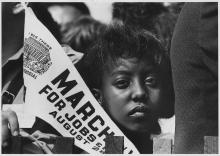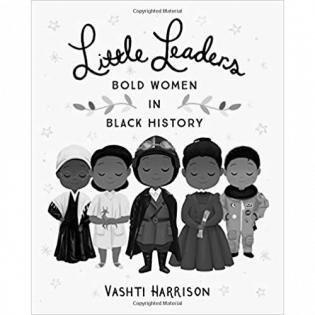This activity will help youth realize the ways that writing has served as an historical tool, and to understand that through writing individuals have captured and preserved history.
Filter by subjects:
Filter by grades:
Filter by audience:
Filter by issue area:
Filter by content type:
Filter by resource type:
resource search
Learn about philanthropic elements of ancient civilizations and religions. Explore the philanthropy of major social movements in the history of the United States.
Youth explore the history of philanthropic behavior (sharing, community collaboration, service) in ancient cultures and today, as well as compare themes of love and service in different world religious practices.
This all-new History of US Philanthropy Timeline features stories of diverse individuals and organizations who have used their time, voice, connections and resources to make an impact on the world. Young people, who are capable changemakers, can examine this history to question and explore the ways philanthropy has created lasting change and changed itself. By sharing stories of the past, we equip and empower youth to shape the story of philanthropy today and in the future.
Students research and compare statistics of the history of hunger and obesity around the world.
To develop a basic understanding about the role of philanthropy in the history of the United States
To help students understand important events in U.S. History during the time period of the setting for the novel Of Mice and Men; these include westward expansion, the Great Depression and the Dust Bowl.
Conducting research about activists from different cultures helps youth recognize Human Rights and the relationship to philanthropic values.
To learn about the different philosophies of three renowned philanthropists.
Image source: John D. Rockefeller in 1885. From Wikimedia Commons. Original source: Rockefeller Archive Center.
“In a society where being an African American and female meant being an outsider or sometimes invisible, these women dared to go after what they wanted, to demand what they deserved. Some of them were reluctant leaders, while others were not even aware of their bravery, but their legaci

